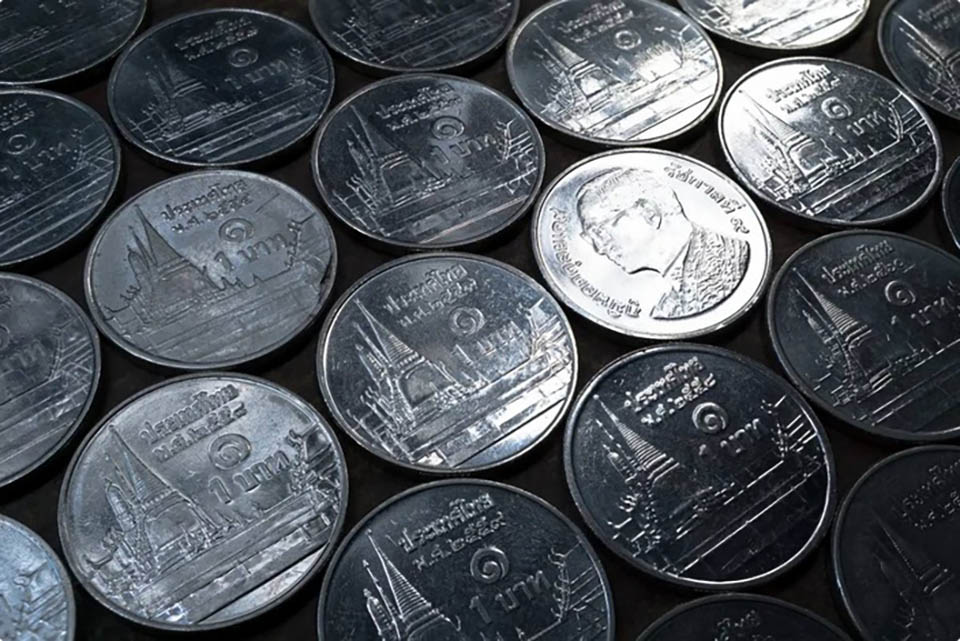
BANGKOK, Thailand – Thai baht opened on December 24 at 34.29 baht per U.S. dollar, slightly weaker than the previous close of 34.19 baht. Over the next 24 hours, the baht is expected to trade within the range of 34.20-34.35 baht per dollar. Since last night, the baht has weakened slightly before stabilizing near 34.30 baht, pressured by the rebound of the U.S. dollar and the continued rise in the 10-year U.S. Treasury yield amid improved market risk sentiment.
The baht faced additional pressure from a decline in gold prices as market participants took profits on their long gold positions, which have yielded significant gains this year. However, the dollar’s strength was tempered by weaker-than-expected U.S. consumer confidence data for December, which fell to 104.7, below the market expectation of 112.9.
Today, few key economic reports are expected from the U.S., including November’s durable goods orders and regional economic indices from the Dallas and Richmond Federal Reserve branches. These are unlikely to significantly impact financial markets. However, caution is advised due to lower trading volumes as the Christmas and New Year holidays approach, with some markets operating on reduced hours or closing entirely.
The baht is likely to continue moving sideways around 34.30 baht per dollar, awaiting new factors. A clearer trend may emerge following the inauguration of President-elect Donald Trump on January 20. Historical patterns suggest that the baht may gradually strengthen or remain range-bound until that date. Key U.S. economic data, such as nonfarm payrolls, PMI indices, and CPI inflation, will be closely monitored leading up to the event.
In the short term, the baht may find some support from foreign investors gradually returning to Thai assets, particularly equities. However, gains in the baht may be limited if foreign investors take profits on their long baht positions, which have already strengthened by over 2% since the U.S. elections. Additionally, movements in gold prices and the Chinese yuan (CNY) will continue to influence the baht’s direction.










